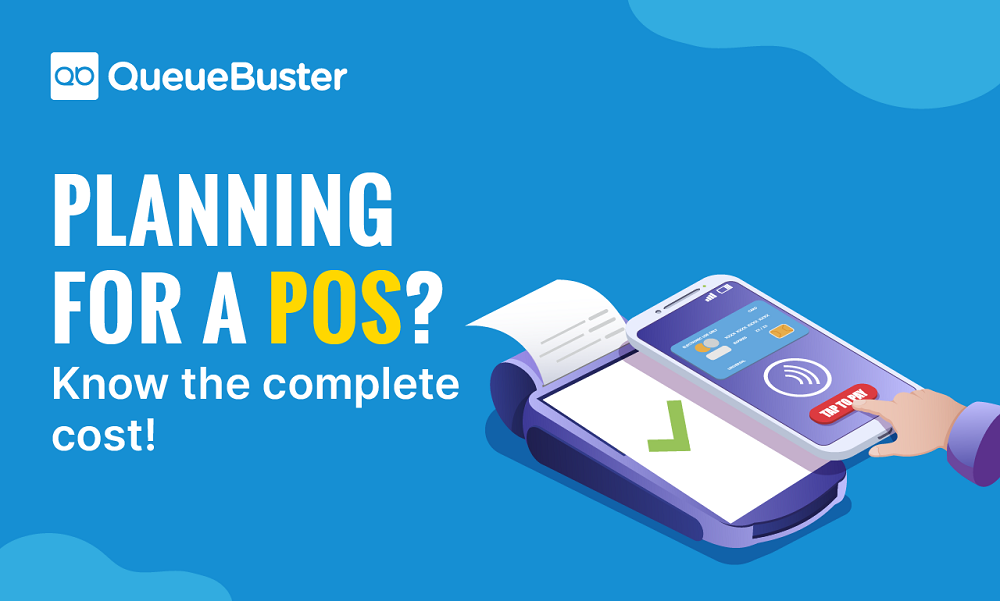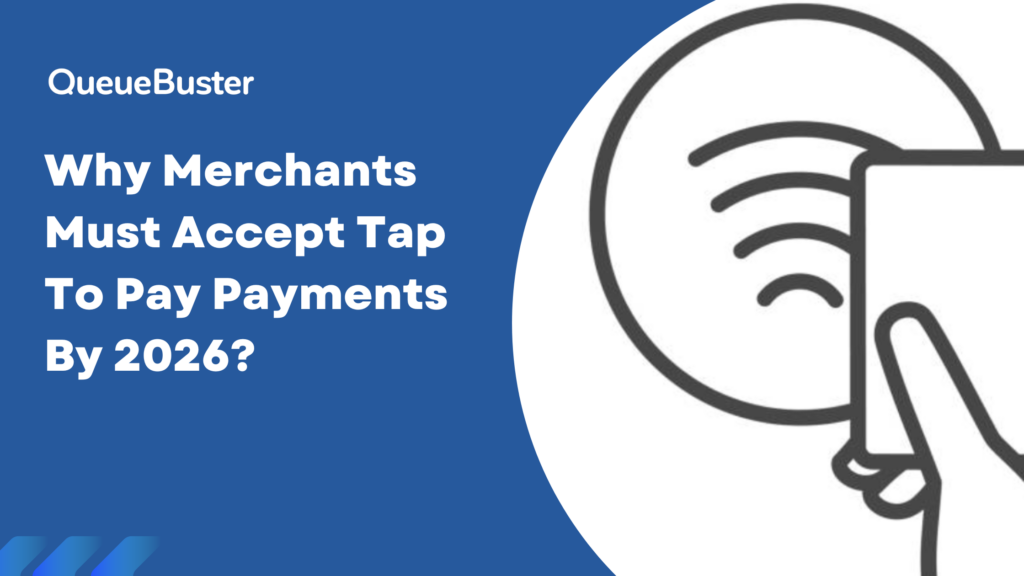
The Cost of Implementing a POS System in India 2024
The Cost of Implementing a POS System in India 2024

By Shreyansh Saini Published: May 8th, 2024
Multiple businesses bloom while others get crushed down due to poor management skills. Whether the business is small or large, managing it efficiently ensures its scalability and growth. Mistakes made while handling inventory, customers, or billing can affect the business in ample ways. The pandemic is a prime example of this disruption. Businesses that lacked proper skills in managing their khata, customers, or bills suffered hugely. Thus, it is essential to invest in a POS system that aids their way in managing their business requirements. But what is a POS system? This article is a quick guide on how a POS system can benefit the business and the cost involved in implementing them.
What exactly is a POS System?
A point-of-sale (POS) system refers to the hardware and software that enables businesses to accept payment from customers or to make in-person sales. Modern POS systems are software-based, which allow merchants to use them on their tablet, mobile, or any smart device. The primary goal of a POS system is to help merchants to serve their customers and take payments simultaneously without requiring a cash register.
By now, you are more likely familiar with a POS system. However, each POS system varies depending upon various factors, and so is the cost. Therefore, shopping for a POS system or, let’s say, picking the right one according to your needs can feel tedious with multiple hidden costs and setup fees.
Since a POS system comes with both fixed and varying costs, it is always advisable to know which POS service is the right fit for your business. Understand what exactly is the need of the business and the features that will benefit it. Before settling for any POS system, let’s dive in and learn the cost of implementing a POS system and the factors influencing this cost.
Error: Contact form not found.
How much does a Point-Of-Sale System Cost?
A POS system can start from as low as Rs 999 and go up to Rs. 30,000 per month for businesses with only one POS terminal. However, the range for large-scale businesses may vary depending on their required features, the number of stores, and charges per transaction.
In addition, the cost of implementing a POS system also alters from one service provider to another. It depends upon advanced features, paid subscriptions, and custom business pricing. Some POS service providers also provide integrated payment processing where they charge fees per transaction.
The cost fluctuates as per the service. It can be a percentage of every transaction, a flat fee, or a mix of both. Cost is a significant factor that keeps multiple businesses away from transforming into digital format.
Some do not find value, while others struggle with the cost. Since a POS system needs certain features to benefit businesses effectively, they tend to be costly. However, QueueBuster is an integrated platform that allows businesses to manage their inventory, customer loyalty, online store, and several others at a minimal cost. It provides maximum value and has everything for every business needs.
Factors Impacting the Cost of POS System
Regardless of the POS system chosen by businesses, the cost of implementing them will differ depending on the opted features. Here’s a quick glimpse of it:
Software
For successful business management through a POS system, it is essential to ensure that it has built-in features like inventory management and reporting analytics that incorporate the e-commerce platform. In most cases, the POS software has a monthly or an annual plan with different functionality to suit individual business needs. The higher the price, the more advanced features.
For example, QBuster basic plans start from just RS 999 per month, which gives users tools required for occasional business needs. However, merchants who require certain advanced features can go for other optimal plans.
Hardware
Hardware is an essential component when it comes to store setup or billing. However, in today’s era, businesses can rent POS hardware. They can also hold it on a lease without sinking into funds. Therefore, one essential thing to check is the type of hardware an entity opts for. Here are various categories of hardware for different business requirements.
POS Terminal
When deciding on a POS system, the first step required by every business is to understand whether they want to go for a legacy POS or mobile POS system. Mobile POS systems are quite easy and user-friendly. They can be installed on both Android and iOS smartphones and tablets. In addition, they also take up less space as compared to legacy POS systems. They have better portability and can be moved all across to serve the customer wherever they require.
Barcode Scanner
As a manageable business, consider purchasing a POS system that integrates the barcode scanner to provide customers with a hassle-free checkout. They should also keep an inventory check and other business needs. But, as in another scenario, it will add a pile of work and will be inconvenient for both business and customer. So instead, try choosing a profitable POS system like QB that bills the product with ease.
Payments
Apart from budgeting for the POS hardware and software, businesses must also budget additional card processing fees. This not only increases the cost but also becomes additional work. Therefore opting for a POS system with integrated payment processing channelizes customer experience, reduces miscommunication, and reduces the cost elsewhere as it will be a one-time investment for the business. In addition, it also eliminates human insecurity.
Therefore it is quite beneficial for businesses to opt for an integrated payment POS system rather than opting for a third party to proceed with the payment procedure of the business.
Before choosing any payment processor for the business, look at all the services offered and match them with the business requirements. This will eliminate future misconceptions and promote better efficiency. Here’s a glimpse of what you should be looking for:
Payment Transaction Fees
Different POS service providers charge fees in either a fixed, percentage, or blended amount processed by the gateway provider. Some have varying transaction fees, while some have fixed amounts. Opting for a fixed rate gives a consistent, manageable, and predictable amount. It also provides a sense of security while the business is not at risk of sudden surprises.
Transaction Volume
Transaction value is another contributing factor that impacts the payment procedure of the business. QueueBuster is one of the top POS service providers that churns to provide the best value in a minimum amount. In addition, it is suitable for all types of businesses and their requirements.
Conclusion
By now, you must have gathered clear, crisp, and helpful insights into eliminating the knick-knacks of the physical ledger and transforming your business into an e-store through a POS system. Meanwhile, you must have also looked at the features to look for in any POS service provider for your online store management. Queuebuster is one of those emerging POS service providers and a top choice among numerous businesses. It helps in maintaining a digital ledger, generates quick bills, presents a cloud dashboard, stores operations, inventory management, CRM, etc. Still, wondering how to go about it? Book a free DEMO now.
Error: Contact form not found.
Popular Posts

MEWA India 2026: Showcasing QueueBuster POS to the Global Dry Fruits Industry
MEWA India 2026 was not just another industry event for us, it […]

Why Merchants Must Accept Tap to Pay Payments by 2026
The way customers pay has changed rapidly over the last few years […]